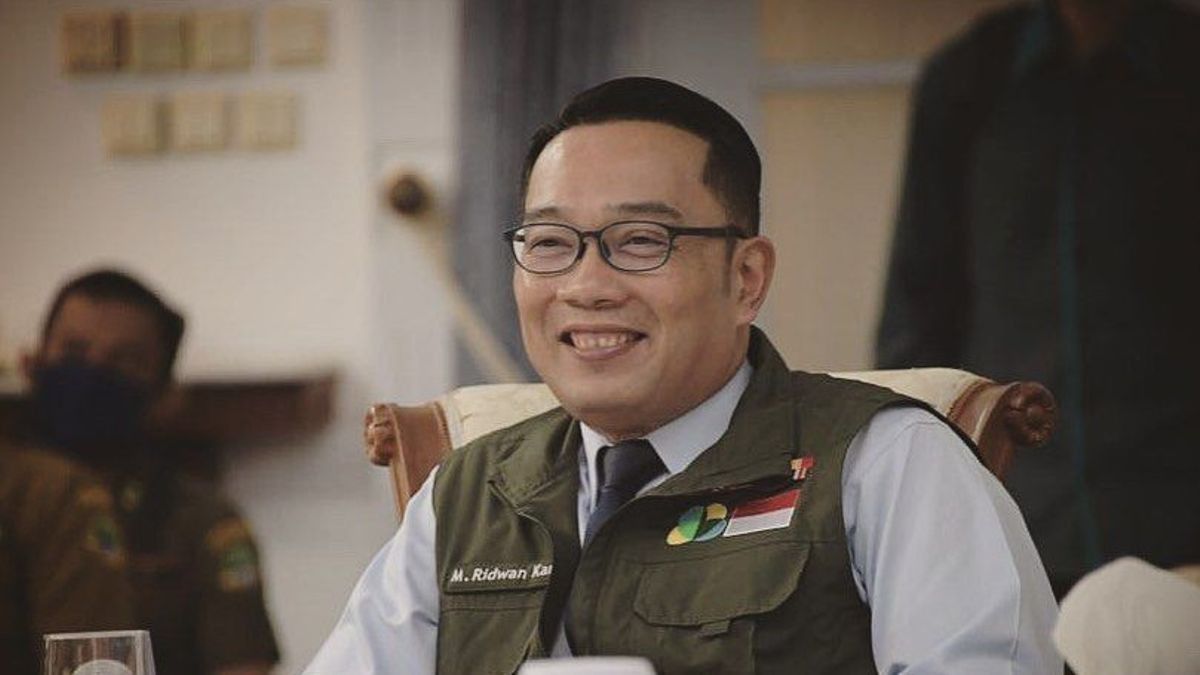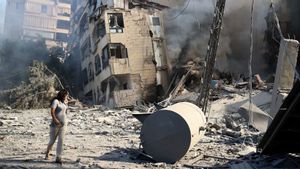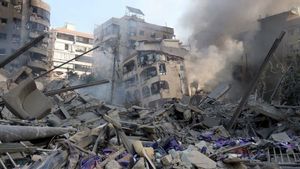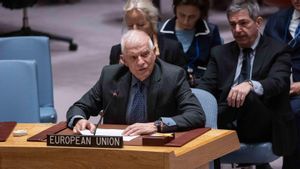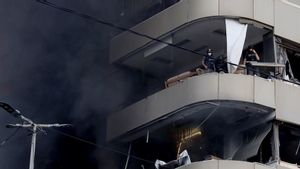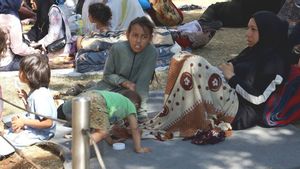JAKARTA - As many as 15 districts and cities in West Java will begin to feel the new normal in the midst of the COVID-19 outbreak. West Java Governor Ridwan Kamil said that these 15 regencies and cities have become blue zone areas or have entered level two in vigilance against the virus so they are welcome to carry out the new normal.
"Based on data and scientific studies from West Java scientists, 15 regions have entered level 2 or the blue zone, therefore they are allowed to start AKB (New Habit Adaptation) starting June 1," Ridwan said as quoted from a release on the official website of the West Java Provincial Government, Saturday. , May 30th.
He then detailed the 15 districts and cities, consisting of Ciamis Regency, Cianjur Regency, Pangandaran Regency, Purwakarta Regency, Garut Regency, Tasikmalaya Regency, Tasikmalaya City, Majalengka Regency, Sumedang Regency, Kuningan Regency, Banjar City, Cirebon City, Sukabumi City, and the City of Tasikmalaya.
It has been 14 days since the Covid index has stabilized at an average of 1, meaning that it is included in the WHO standard controlled category. This week there are no more RED ZONE areas. 15 areas are allowed New Habit Adaptation (IMR) or new normal, because they have entered the moderate zone, namely level 2 BLUE. Total about 60%. pic.twitter.com/WE15SAZdvE
- ridwan kamil (@ridwankamil) May 29, 2020
Meanwhile, the other 12 regions, Ridwan continued, are still in the yellow zone or level 3 so it is recommended to continue the implementation of Large-Scale Social Restrictions (PSBB) until the 4th and 12th June.
The 12 regions that are still at the yellow level are Bandung Regency, Bekasi Regency, Bogor Regency, Indramayu Regency, Karawang Regency, Sukabumi Regency, Subang Regency, Bandung City, Bekasi City, Depok City, Cimahi City, and Bogor City.
"Especially for Bodebek, following the DKI policy, the PSBB is the same as that of DKI until June 4, while outside Bodebek, the PSBB is continued until June 12," he said.
In applying the new normality in society, Ridwan then asked the public not to be surprised when they saw TNI and Polri personnel guarding the public. He said, the joint TNI and Polri personnel were only tasked with ensuring that the public and public places continued to implement health protocols.
It is known, some time ago, President Joko Widodo had indeed ordered the TNI and Polri in a number of public places to always remind residents to follow the health protocol that was in effect amid new norms.
TNI Commander Marshal Hadi Tjahjanto will deploy TNI and Polri forces at 1,800 points in four provinces and 25 districts and cities to discipline the public in implementing health protocols to prevent the spread of COVID-19.
"The objects are public traffic places, malls, public markets, tourism places and from the existing data in 4 provinces and 25 districts and cities there are 1,800 objects that we will carry out the discipline," said Hadi Tjahjanto. ago.
According to Hadi, the disciplinary health protocol will be carried out in stages. The implementation of discipline, for example, is to ensure that residents who come to these places wear masks.
"What we are doing is first that we have to monitor the entire community to keep wearing masks, secondly we have to maintain a safe distance in activities. Then we provide a place to wash hands or hand sanitizers, hopefully with this activity the first stage can run well," he explained.
The business is scared and the army is the agentMilitary observer from the Institute for Security and Strategic Studies (ISESS), Khairul Fahmi then responded to the involvement of the TNI in monitoring health protocols amid new norms. According to him, the purpose of this troop deployment was only to scare the public.
"So that people will be afraid and finally want to be disciplined. I call it the fear of business with the army as agents or scourge devices," Fahmi told reporters.
According to him, the policy was actually nothing more than a form of intimidation and this was deemed inappropriate. The reason is that creating fear instead of building compliance through communication shows that there is a distance between the government and the community.
"Is it effective then? The fear has limits. It is difficult to continue unless the presence is truly repressive, not merely coercive," he said.
However, there is no legal basis for the army or other security authorities to take such action to build compliance. "It must be remembered that our society has not even been free from the trauma of the past with the New Order regime whose power was built on fear," he concluded.
The English, Chinese, Japanese, Arabic, and French versions are automatically generated by the AI. So there may still be inaccuracies in translating, please always see Indonesian as our main language. (system supported by DigitalSiber.id)
